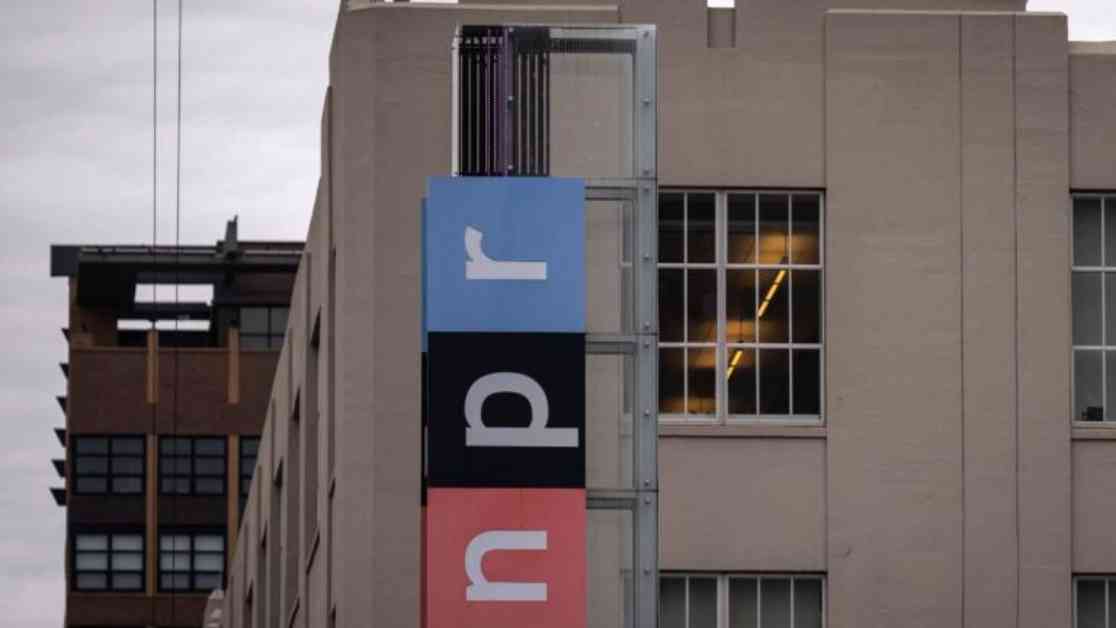Public Broadcasting Stations Face Uncertain Future Amid Funding Threats
In a bid to slash federal spending, Elon Musk, the influential tech billionaire advising President-elect Donald Trump, has set his sights on public media. His proposed cuts include axing hundreds of millions of dollars in annual funding that supports PBS and NPR stations, iconic homes to beloved characters like Elmo, Big Bird, and “Fresh Air.”
Stations Brace for Impact as Battle Looms
The threat to NPR and PBS funding is not new, with Republicans in Congress advocating for defunding public media for decades. However, the current proposal holds a heightened sense of urgency and focus, according to Michael Isip, the president and CEO of KQED, which oversees NPR and PBS stations in the San Francisco Bay Area.
NPR and PBS stations are gearing up for a potential funding battle, with leaders circulating reports warning of uncertain outcomes and station directors lobbying legislators in affected states. The looming uncertainty has left NPR internally preparing for various funding scenarios, including immediate cutbacks in government support.
Stakes Are High for Local Communities
While NPR and PBS are recognized for their national programming, it’s the network of local stations that span the U.S. that rely on federal funding to deliver essential local news, educational content, and emergency alerts. Eric Nuzum, a former NPR executive, emphasized that rural communities and vulnerable populations would bear the brunt of funding cuts, impacting crucial coverage on sports, culture, and local issues.
Isabel Lara, an NPR spokesperson, stressed that slashing public media funding would directly impact local journalism, highlighting the critical role these stations play in keeping communities informed. Similarly, Jeremy Gaines, a PBS spokesperson, emphasized the vital service their organization provides to Americans across the nation.
Challenges Ahead Amid Changing Media Landscape
NPR and PBS face mounting pressures beyond the funding battle, with shifting audience preferences and consumption habits reshaping their traditional business models. The potential loss of government support would further strain these public media outlets, underscoring the need for a forward-looking vision to secure long-term investment and sustainability.
As the funding fight intensifies, the influence of Elon Musk and his push for alternative media platforms adds a new layer of complexity to the debate. Musk’s vocal criticism of traditional media outlets raises concerns about the future of public broadcasting and the role of government funding in sustaining these critical services.
In the face of legislative challenges and calls for defunding, NPR and PBS stations are mobilizing to defend their essential role in American media landscape. The outcome of this funding battle will not only impact the future of public media but also the communities that rely on these stations for news, education, and emergency information.






